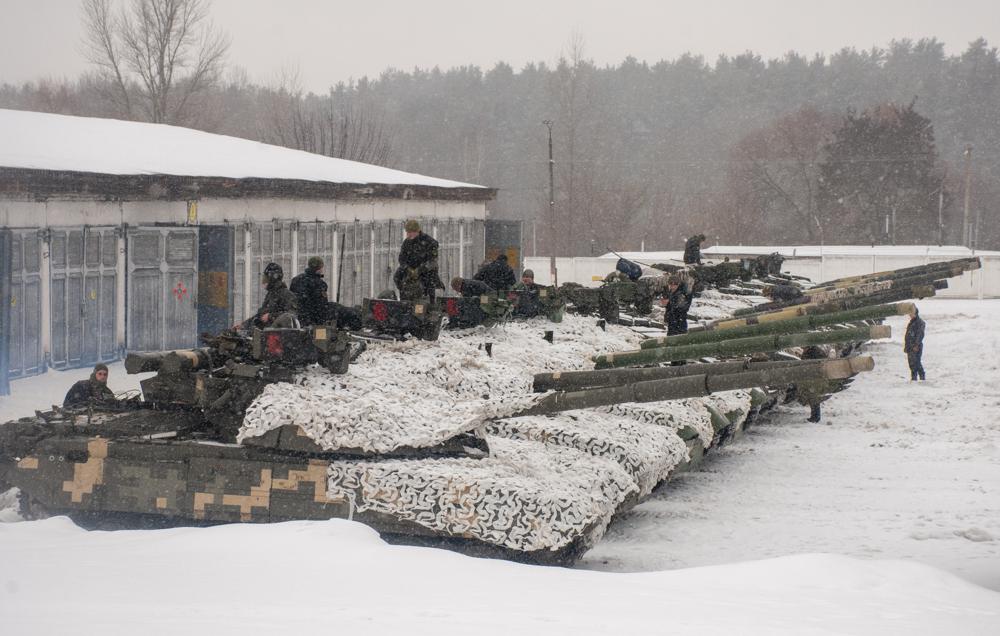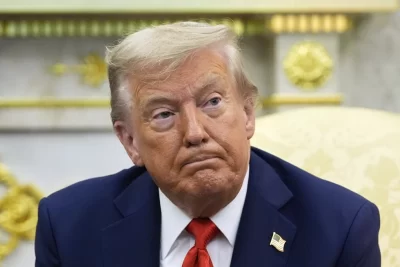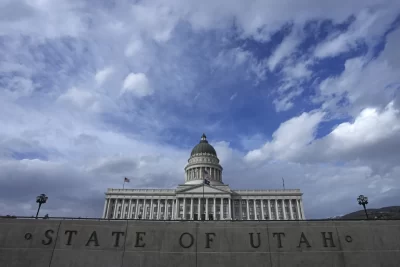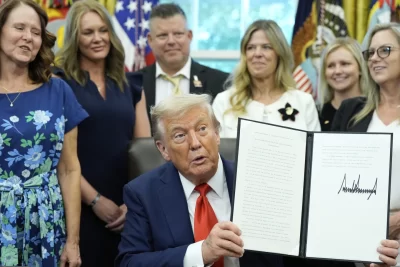
THE HAGUE, Netherlands — Talks to stave off the threat of war in Eastern Europe are moving to the United Nations Security Council on Monday. But Russia, a veto-wielding member of the Security Council, has already dismissed the meeting as a “PR stunt.” The diplomatic push at the U.N. comes with 100,000 Russian troops massed near Ukraine’s border and the Biden administration worrying that Russian President Vladimir Putin will mount some sort of invasion within weeks.
Here are things to know Monday about the international tensions surrounding Ukraine.
The U.N. Security Council is meeting Monday to discuss Russia’s massive troop buildup near its border with Ukraine and other threatening behavior amid fears that Moscow could launch some sort of invasion.
The troop deployment comes as Moscow is demanding that NATO promise never to allow Ukraine to join the alliance, stop the deployment of NATO weapons near Russian borders and roll back its forces from Eastern Europe. NATO and the U.S. call those demands impossible.
Kremlin spokesman Dmitry Peskov said Monday that “hysteria promoted by Washington triggers hysteria in Ukraine, where people are almost starting to pack their bags for the front line.”
U.S. Ambassador Linda Thomas-Greenfield says Russia’s actions pose “a clear threat to international peace and security and the U.N. Charter.”
But Russia’s deputy U.N. ambassador Dmitry Polyansky has already slammed the idea of talks and called the meeting a “clear PR stunt.”
A senior Biden administration official, however, says the tense situation is exactly what the Security Council was set up to deal with.
“It goes right to the heart of the role of the Security Council itself,” the official said, speaking on condition of anonymity because he was not authorized to speak publicly.
President Joe Biden is meeting the ruling emir of Qatar, Sheikh Tamim bin Hamad Al Thani, at the White House to discuss issues including global energy supplies as the U.S. and Europe scramble to put in place backup plans to get gas to Europe if supplies are hit by a possible Russian invasion of Ukraine.
Russia supplies about 40% of the natural gas used in Europe. Natural gas future prices surged last week amid growing market fears that a potential conflict could disrupt Russian exports transiting through Ukraine to the continent.
Qatar is one of the world’s larger suppliers of liquefied natural gas and is among countries that the U.S. is hoping could aid Europe should a Russian invasion of Ukraine lead to Moscow shutting off the flow of gas piped to Europe.
Any Russian invasion into Ukraine would almost surely trigger harsh economic sanctions from the U.S. and its European allies. That could lead to oil and gas shortages around the world and, most likely, higher energy prices that could send tremors through the global economy.
Some women in the Ukrainian city of Kharkiv have vowed to take up arms to defend their nation if there is a Russian invasion and are already training in the use of military weapons.
Svetlana Putilina, the head of an organization for Muslim women in Kharkiv, spends her weekends training with other women how to aim, load and fire automatic rifles and other weapons.
Kharkiv, just 40 kilometers (25 miles) from the border with Russia, is Ukraine’s second-most populous city and some fear it could be one of the first targets in a cross-border attack.
“This city has to be protected. (Russia) has a big appetite and they are taking piece by piece. This should not happen,” said 55-year-old Viktoria Balesina.
Women who have already finished their military-style training aren’t resting. They’ve joined forces to make camouflage netting that can be sent to the front line.



